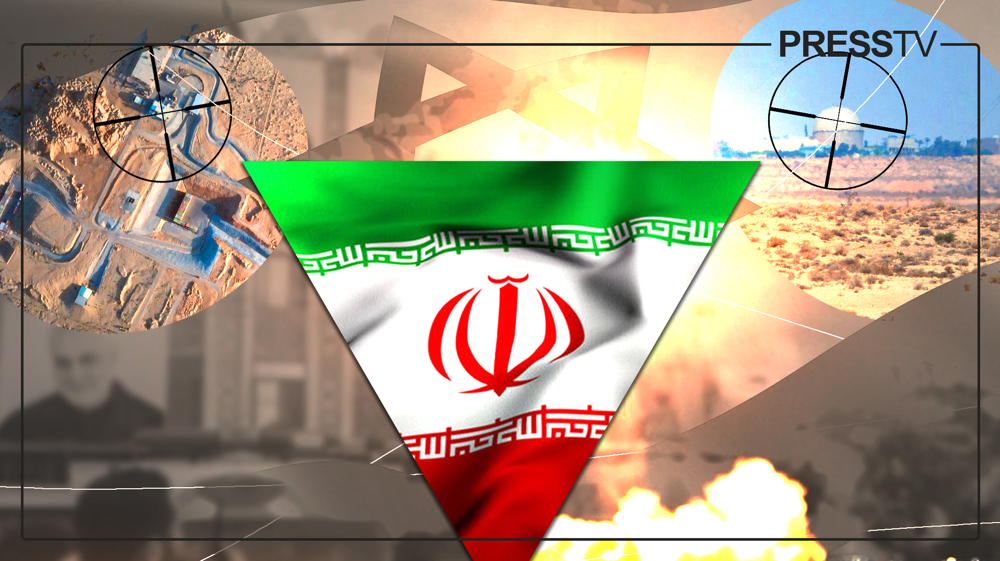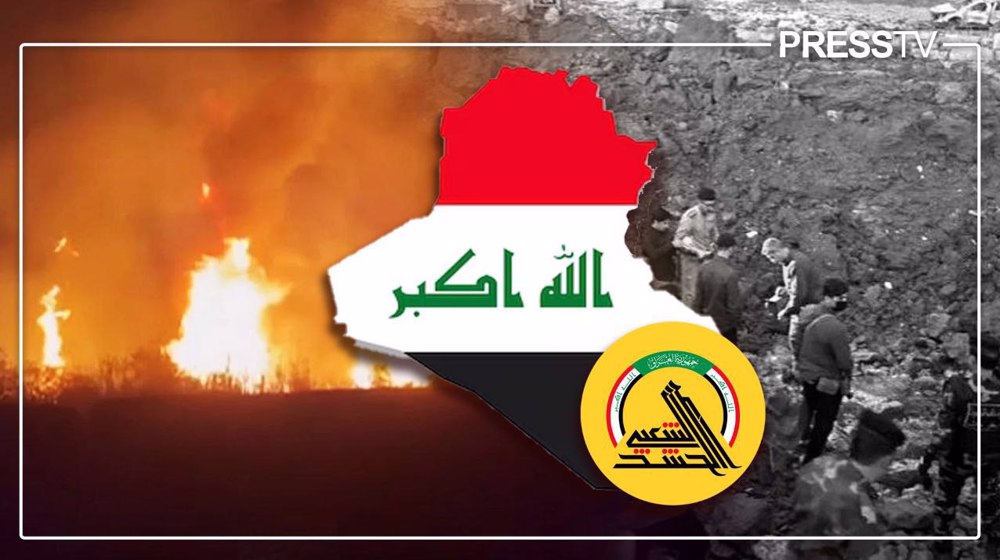Iran, Australia seek new chapter in relations
By Hamid Farajollahi, Press TV correspondent in Australia
In early March, Iran’s deputy health minister, accompanied by 5 members of the country’s parliament, visited Australia to boost ties in medical and health research areas, and extended an invitation for Speaker of the House Bronwyn Bishop to visit Iran. Over a month later, it is not Bronwyn but Julie Bishop, the Australian foreign minister, planning to visit the country.
In an exclusive interview with Press TV, Iranian Ambassador to Australia Abdolhossein Vahaji has shed some light on Bishop’s planned visit to Iran and said, “This is a good opportunity for both sides, which could usher in a new chapter in the relations between the two countries.”
While this trip is not unprecedented, it is certainly rare; the last bilateral meeting between foreign ministers from Iran and Australia dates back to more than 12 years ago, during the term of the then president, Mohammad Khatami.
“The most important issue is to enhance the bilateral ties.” Abdolhossein Vahaji
Regarding the forced return of asylum seekers, the Iranian ambassador said, “The issue of forced return of asylum seeker to Iran has not been portrayed correctly and it has only served a domestic purpose,” adding that the issue will not be high on the agenda of discussions over the expansion of relations in various areas such as economy, politics or culture.
Bishop’s trip to the Middle Eastern country is much broader and complex than the issue of asylum seekers and engulfs a variety of topics and discussions from politics to economy, culture, tourism and mutual cooperation in various fields.
The meeting between Iranian Foreign Minister Javad Zarif and his Australian counterpart, Julie Bishop, comes at a time when Iran and P5+1 agreed on a framework for a nuclear deal, although the travel was planned before the P5+1 reached an agreements, it is a sign of mutual cooperation between Iran and the west and a path way to lifting the sanctions. Australia has also had unilateral sanctions on Iran since 2011 regarding its disputed nuclear program however after the P5+1 agreement Iran’s ambassador to Australia has emphasized that he is optimistic that these sanctions would be lifted in time
“This is a good time for bilateral and even international cooperation,” said the Iranian envoy.
After the 2013 presidential elections in Iran which has witnessed a growth in western tourism and businesses, there has been a surge of Australians visiting the country “Since last year the number of Australians visiting the country has increased by more than 28% this is while in 2014 there was only 17.5 % rise in Australians traveling to Iran from in comparison to 2013,” Ambassador Vahaji asserted. This is while samrttraver.gov.au has indicated for Australians to reconsider their need to travel to Iran.
The Iranian envoy to Canberra also said: “Australia is a vast country and has a lot of potential, on the other hand Iran is ranked top 7 in the world in nano-technology, and we can cooperate with Australia in this field. Also in nuclear technology Iran is very advanced and we can transfer our knowledge to Australia. On the other hand Australia has great uranium mines, which could help us in our peaceful energy program. Also in agriculture and combating drought Australia is very advanced and we could use their expertise in this field.”
The Australian foreign minister is currently in India, she is due in Tehran on Friday night.
HFJ/MKA
North Korea to stand up to sanctions, bolster military power: Official
Hezbollah says 2,000 Israeli forces killed, injured in operations since Gaza war began
War of wills: Iran army chief vows crushing response to any aggression
April 24: ‘Axis of Resistance’ operations against Israeli occupation
Tabas sand defeats US military
'US secretly sent long-range ATACMS missiles to Ukraine in recent weeks'
Iran: Awakened world public opinion determined to stop Israel war crimes
US House speaker wants National Guard to quell pro-Palestine student protests










 This makes it easy to access the Press TV website
This makes it easy to access the Press TV website